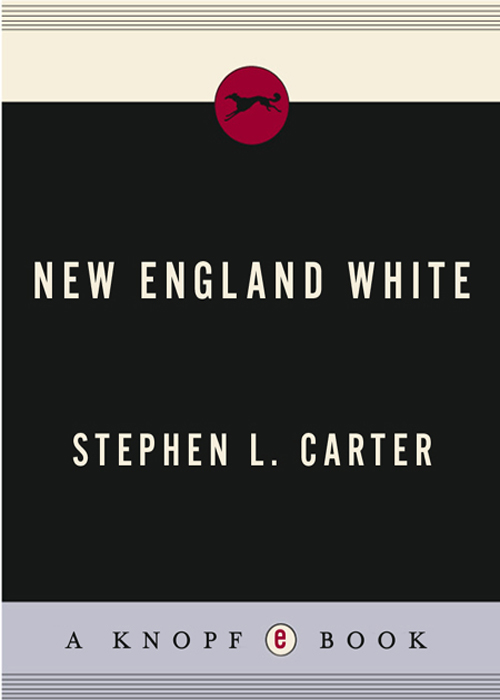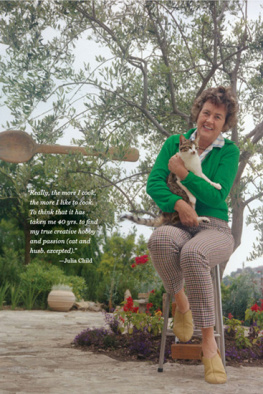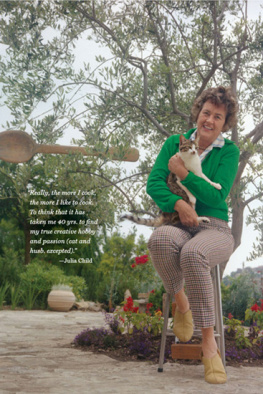

CONTENTS
For Annette Windom
Why does everybody pick on the economists? Theyve correctly predicted thirteen of the past five recessions!
Familiar campus joke
PROLOGUE
THE LANDING IN SUMMER
R UMORS CHASE THE DEAD LIKE FLIES , and we follow them with our prim noses. None of us are gossips, but we love listening to those who are. So, if you happened to pass through the village of Tylers Landing in the first few weeks after the investigations finally ended and the last reporters left for home, and you stopped at Cookies Place on Main Street to buy some chocolate-covered raisins, specialty of the house, youd have had the chance to listen to chubby Vera Brightwood telling you whose fault it was and whose fault it wasnt and whose fault it could never be.
As far as Vera is concerned, the whole mess started not when that colored professor got himself killed in November, but on an unexpectedly sultry winter night nine months earliercall it Februarywhen pretty Vanessa Carlyle, sixteen going on fifty if you believe what they say, set fire to her fathers midnight-blue Mercedes on the Town Green. Yes, thats right, she says, that Carlyle, the very same, the one whose mail, according to Joe Vaux down at the post office, arrives addressed to The Honorable, if you can believe the airs those people give themselves these days. You smile and listen, enjoying a New England summers brightness through the wide front window of the shop. The word Vera Brightwood brings to mind is garrulous. For Vera, one lament flows smoothly into another, and soon she is assuring you that she has nothing against the Carlyles, even though she has been telling folks for the last six years, and tells you too, that the town should never have let them build that gigantic house on the Patterson lot. Which leads her back to the fire. Okay, so she has a few of the details wrong. For instance, Vanessa never actually spoke to the professor that night, thats been proved conclusively, even if both of them, as Vera reminds you, happen to be colored. But thats just her way. Stories are like sweets for Vera: you have to make them fancier than the ones available next door or you lose your customers. Her time-tested technique involves fluffing up a minor detail here, folding in a richer grade of rumor there, andvoil!a delicacy worth every embellishment. She might not always be right, but she is never dull.
Anyway, no harm in listening, right?
Cookies Place is the Landings version of the Caf de la Rgence in Paris, and what they used to say of the second is often true of the first: sooner or later, everybody who is anybody stops by. Not just the three thousand people in the village proper, but somehow half the population of the state has heard of Cookies. Word is that Woody Allen filmed the interiors for some movie in the shop a long time ago, but Vera isnt saying, so it probably isnt true. Although it should be. The countertops are polished white marble shot through with jagged green highlights. The bright red Coca-Cola sign is half a century old. The single room seems to go on forever, but its really no more than twenty by thirty, the rest just a trick of the mirrors. The candies all sit in glass cases and jars: peppermint sticks in different colors, lollipops with long red swirls, a hundred varieties of jelly beans, truffles, buttons, straws, butterscotch, little mailboxes and Statues of Liberty and Ford Model T cars that dispense mints, hard candies in rolls and hard candies on sticks and hard candies shaped like animals, eight flavors of fudge, and all the chocolate the addict could wish, including an elegant diet-busting concoction, all Veras own, called cranberry chocolate.
Something new is always baking. The luscious aromas drive you half mad, just the way they are supposed to. Whether you like candy or not, you begin to salivate as the desire for sinful pleasure snares you, and before you know it you are ordering everything in the shop. Vera, atrociously plump, cheeks puffy and pink, white-gray hair drawn neatly into twin buns, measures a pound of chocolate-covered raisins by eye as she talks your ear off, explaining in her husky smokers voice the problem with the Carlyle house. And you listen to the story because you really do want those raisins.
Vera talks about the house. She has good, solid reasons why they should never have let the Carlyles build it. Like they should have left the meadow alone, so kids could play softball. Like the house breaks up the view from the road down into the valley. And its too big and too ostentatious anyway, that house, all those sharp angles and glass walls that catch the sun, so when you drive by the place seems to wink at you, especially if you happen to be staring at it, which Vera, who has lived on the other side of the reservoir long enough to oppose every house built for miles around, does a lot more often than she likes to admit. Oh, Vera is in a dither, and beneath that delicate porcelain skin something glows warm with fury.
Certain that the woman is crazy, you begin to inch toward the door, the chocolate-covered raisins in your clutches, but Vera stops you with a word.
So what about the car? she asks, and you remember what she said about the girlwhat was her name?Vanessa. Do you want to hear about the car? asks Vera.
Sure, you say.
Vera is happy to tell you, but, first, maybe you want some fudge with that? Another specialty of Cookies is the butter-rum fudge, with or without walnuts. Tying your bright-green box with her trademark green ribbonno cellophane tapes for Vera; no, sir!she says, oh, by the way, she must have forgotten to mention that while the car was burning, pretty Vanessa tried to open one of her veins with an X-Acto knife.
And when you have heard Vera out, maybe youre still not sure what to think, except that you are swooning with sympathy for Vanessa, to say nothing of her parents, her sister, and her two brothers. Vera talks so hard she leaves you dizzy, but you finally see it as though you were there, because Vera Brightwood has that gift, she always has, she can bring a story to life: the shiny blue Mercedes, brand-new, leased three months earlier, just two thousand miles on the clock, a roaring pyre in the concrete driveway of the red brick town hall as winter dusk falls, and, off to the side, this long, skinny brown girl, intricately woven braids obscuring half her winsome face, sits calmly on a slatted bench and struggles with the knife, sawing away at skin that refuses to break.
Poor kid, Vera finishes, a tear in her good eye.
You are inclined to agree.
And you know, Vera adds, sotto voce, as she tries to get you to buy some Jelly Bellys to go with your raisins, even with all the university folks buying up the land because theyve decided that converting farmhouses is smart, there are only five colored families in town.
Surprised, you ask if the town keeps track of these things.
She asks what things you mean.
You frame your objection carefully. The number of African-American families living here, you explain. Do you actually keep track?
Some of us do, Vera tells you.
Why?
Vera leans close to whisper, her breath cloying as though she is fermenting inside, yellowy gaze lifting to the door just in case one of those liberals should come in. Money, she says. We keep track because of money. Nothing against the coloreds, mind, but real estate has been pretty flat around here lately, and Ive never heard of a place yet where having colored neighbors makes values go up. You show me one and Ill be for that open-housing thing. Oh, and they should have sent Vanessa to jail after she burned the car: Vera is tired of the way they always coddle the coloreds.
Next page















